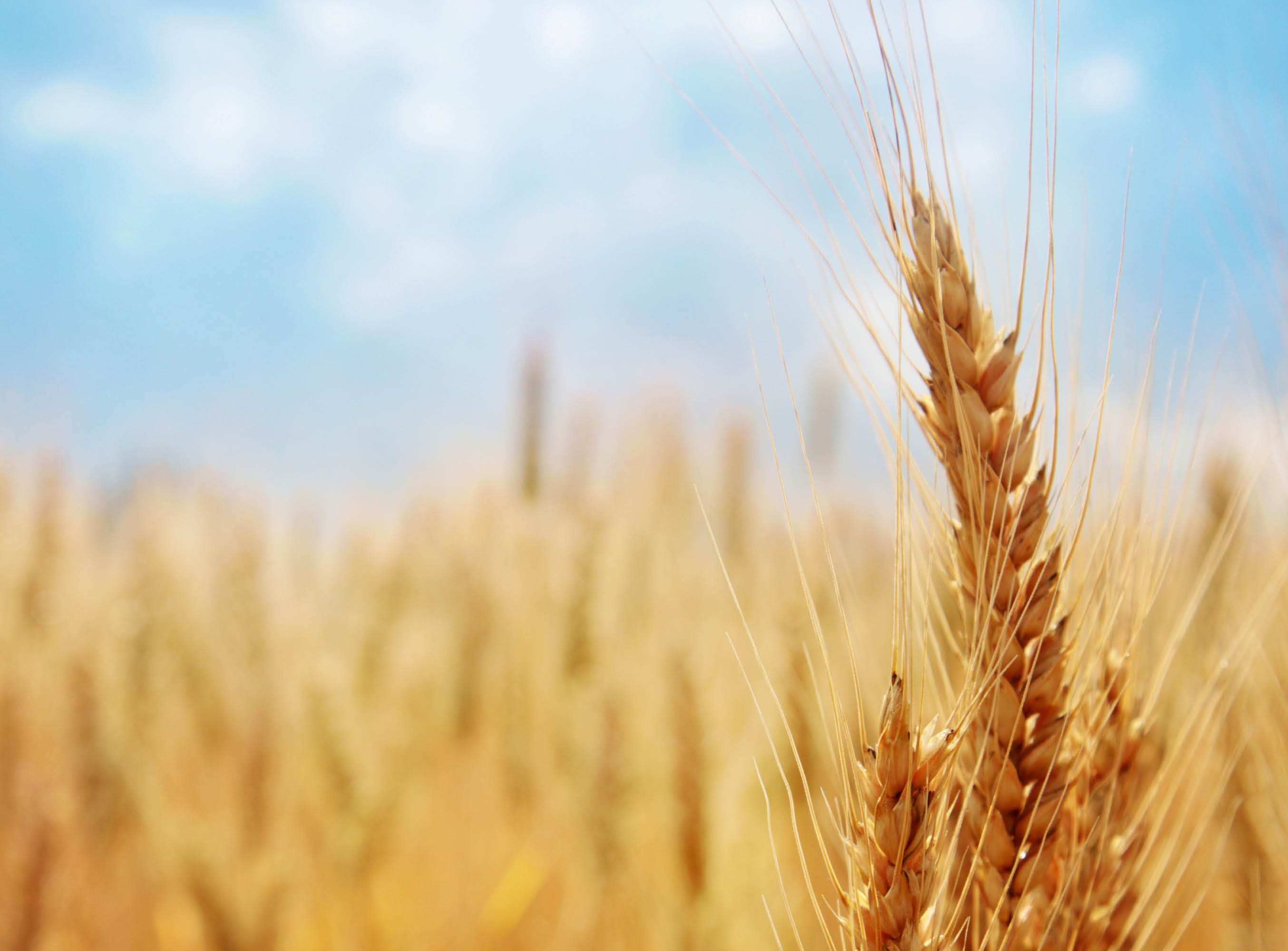Peace for Food
The Business at OECD Food & Agriculture Committee is working with farm groups and with agribusinesses that operate upstream and downstream in the food supply chain to identify actions that the private sector can take on its own, in partnership with governments and other stakeholders, and in response to specific policy changes.



The state of global affairs delivers considerable impact to food demand and supply. We have seen climate change, the pandemic, natural disasters, and geopolitical conflicts such as Russia’s invasion of Ukraine significantly overload food systems and create severe food crises. These events also disrupt natural gas and fertilizer markets, as well as the production and spread of agricultural technology, worsening the situations of producers in the medium- to long-term. It has become urgent to move from discussion to action if global food systems are to feed the world, sustain the environment, and enable livelihoods across the food supply chain.
Peace for Food has three main goals:
- Inform the OECD and policymakers on the challenges businesses face in wake of threats to the agricultural sector, particularly in developing countries, challenges they pose for businesses in developed countries, and showcase how businesses tackle these challenges;
- Discuss policy actions to calm agricultural markets in response to challenges, and identify policy recommendations for making our food systems more resilient and sustainable in the long term, boosting agriculture productivity, innovation, and how contributions to evidence-based policymaking can be made;
- Explore the role of international collaboration in stabilizing global food markets, particularly through OECD and G20 initiatives.
High level events
In March 2024, at the occasion of the OECD Ministerial Council Meeting (MCM) Consultation in San Jose, Costa Rica, Business at OECD organizated an agricultural roundtable on Mobilizing Financial Resrouces for Sustainable Agriculture. As sustainable productivity growth is a foundational component of the Peace for Food event series, centered on global agrifood value chains, the proposed topic aligns closely the overall theme of the campaign. It also ties in with the core mission of the Inter-American Institute for Cooperation on Agriculture (IICA), which was invited to contribute to this event. Based in San Jose, IICA has extensive experience in promoting sustainable agriculture development in the Americas, and this partnership brought together a diverse range of stakeholders and expertise, ensuring an informative and targeted discussion.
The event focused on identifying innovative financing mechanisms for sustainable agriculture, public-private partnerships for agricultural development, climate-resilient agriculture and disaster risk management and agri-entrepreneurship and youth empowerment in agriculture. Joining in person, Elías Soley, Ambassador and Permanent Representative of Costa Rica to the OECD, Victor Carvajal Porras, Minister for Agriculture and Livestock of Costa Rica, Marion Jansen,Director of Trade and Agriculture Directorate (TAD), OECD amd other speakers set the scene for MCM Consultation agriculture discussion the next day.
Following the success of the previous rendition, we again co-organized the AgriFood Forum 2023 as part of our campaign on 14 November 2023 in Vilnius, Lithuania, in partnership with AgriFood Lithuania. Held under the theme of sustainability, security for society and planet, this year’s Forum focused on addressing an array of multifaceted difficulties besetting the agrifood ecosystem and transitioning to a more sustainable and resilient agri-food ecosystem as a non-negotiable facet of the future. The Forum touched upon a wide variety of relevant topics including data-driven climate resilience, digital technologies, the future of agriculture in the EU, global food security challenges, and opportunities for food-processing SMEs.
Read more about the event here
On 8 May 2023, we had the honor to bring global stakeholders together in Istanbul at our Peace for Food Joint Business at OECD (BIAC) – OECD Istanbul Centre Roundtable. We were delighted to host this roundtable in Türkiye, a founding member of the OECD as well as a strategic partner at the world’s crossroads. The involvement of Turkish business brought us one step closer to stimulating true dialogue among a variety of stakeholders. The roundtable was the first official meeting held at the OECD Istanbul Centre, a hub of utmost relevance to the OECD as a regional policy dialogue platform.



This roundtable served as an excellent environment to discuss what’s next for agriculture, especially following the OECD Agriculture Ministerial which took place in November 2022. Participants from international organizations, academia, the OECD and the private sector shared thoughts on sustainable agriculture, agriculture productivity and inclusive business in the agriculture value chain, and food security and food price inflation.
On 15 November 2022, together with AgriFood Lithuania, we successfully organized the AgriFood Forum 2022 in Vilnius, Lithuania as part of our campaign. With almost two hundred on-site guests, more than 2,300 online viewers and up to 1,000 minutes of content, the Forum brought together national and international stakeholders for lively discussion, encouraging the preparation of an action plan (including joint commitments of the most important actors in the sector) to ensure the availability of quality food for everyone without compromising the obligations for sustainability.
The forum proved relevant for participating Baltic States, as the agrifood sector accounts for around 7% GDP in each Baltic State economy. Moreover, in light of the unjustified Russian invasion of Ukraine as well as the fact that Ukraine is an important partner for food sector companies Baltic States, the Forum focused on methods to build healthier, fairer, more sustainable and resilient food systems, such as technology development and implementation, start-up creation and new advanced farming methods.


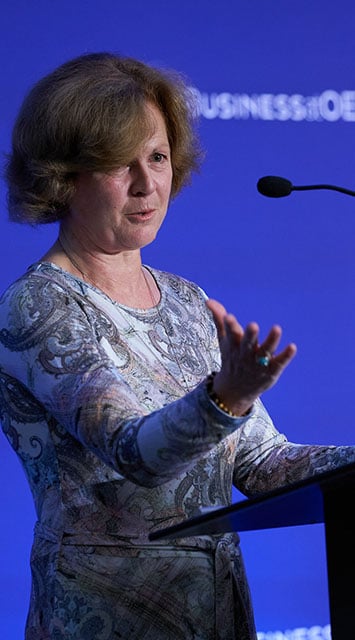

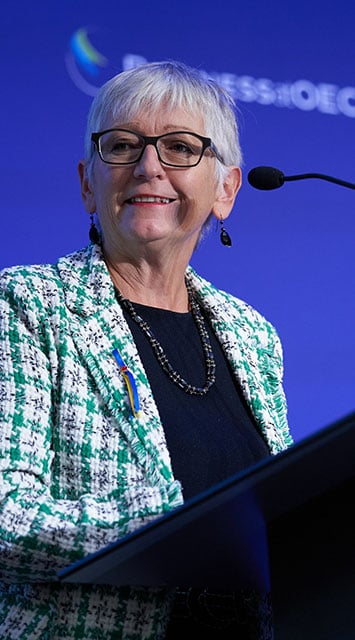
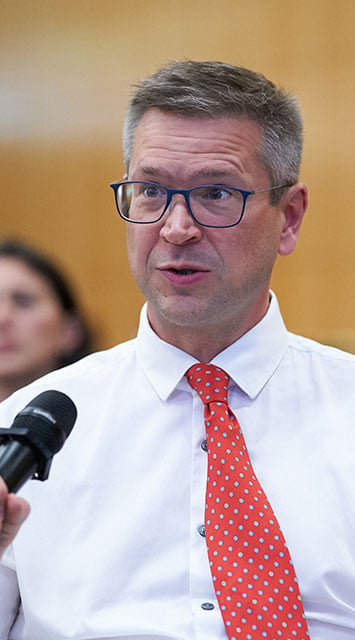





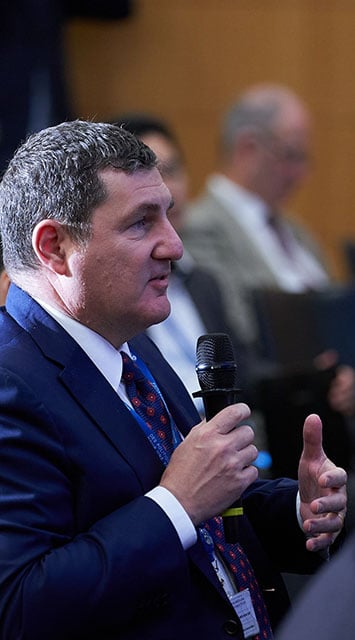
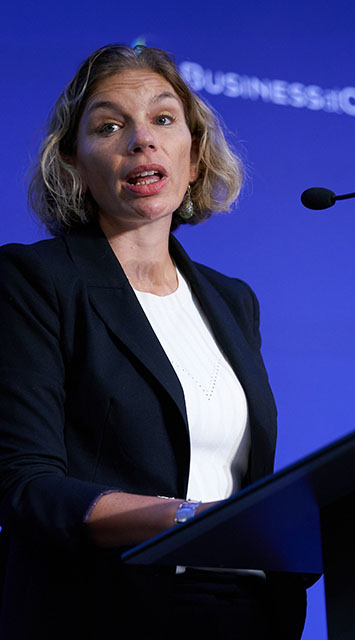
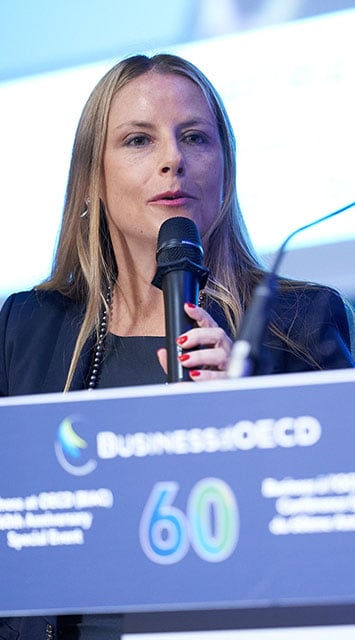

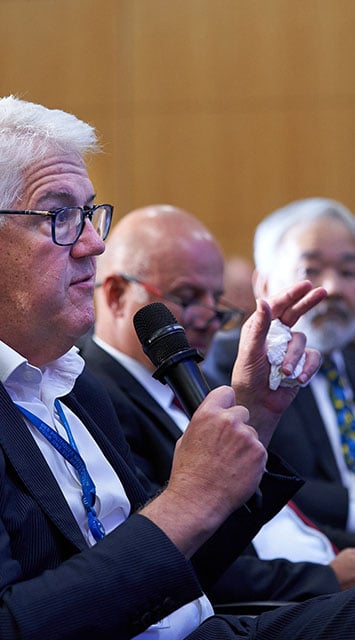
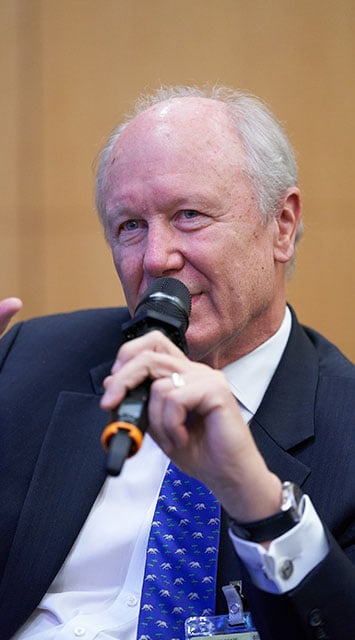
The first dialogue of our campaign took place in July 2022 and addressed the immediate priority to bring stability to agriculture and food markets and to help support displaced, low-income, and other vulnerable populations. There was a particular focus on food price inflation.

